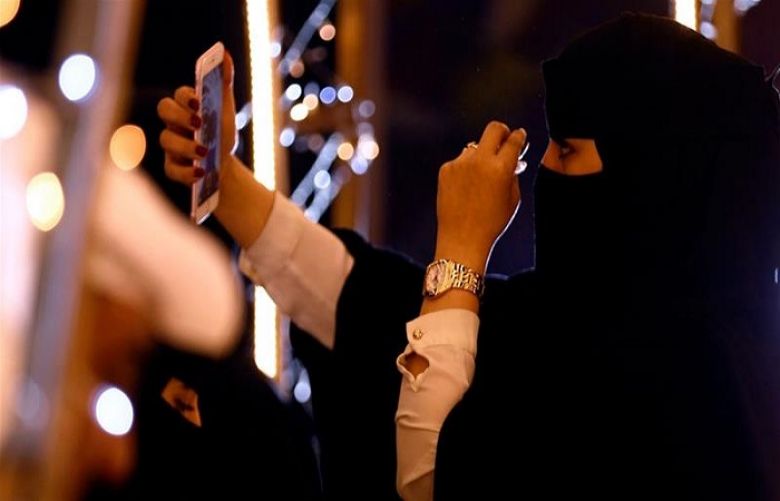Saudi Arabia has released without charge a woman detained after a video of her wearing a miniskirt and walking in public went viral. A statement released by the Center for International Communication said on Wednesday that police released the woman, who was not named.
It said she was released on Tuesday evening after a few hours of questioning. The statement said the video was published without her knowledge.
Police in Saudi Arabia had arrested the young woman for wearing "immodest clothes" after an outcry from people who said she flagrantly violated the kingdom's conservative Islamic dress code.
The young Saudi woman drew attention over the weekend when the video was shared online of her walking in a historic village north of the capital wearing a miniskirt and crop top, and showing her hair.
Her detention had also attracted attention, with critics denouncing Saudi Arabia's laws restricting women's rights.
Social media is wildly popular in Saudi Arabia as a space to vent frustrations and gauge public opinion.
The outcry against the video and the woman’s subsequent arrest reveal how powerful and widespread conservative views are in the kingdom, despite recent moves by Saudi Arabia to modernise and loosen some rules.
Mohammed bin Salman, Saudi Arabia's 31-year-old heir to the throne or crown prince, has pushed for greater openings for entertainment in part to appease the youth, who are active on social media and can bypass government censors online.
Saudi officials investigating random woman wearing a miniskirt in the streets while Saudi leader's wife dresses in a similar fashion??? pic.twitter.com/dJznV8aBBF
— Ameera (@aljabari_) July 18, 2017
More than half of Saudi Arabia’s population is under 25.
The government announced last week that girls would be allowed for the first time to play sports in public school and have access to physical education classes.
The powers of the kingdom's religious police have also been curtailed, and they are officially no longer allowed to arrest people.
Despite these moves, strict gender segregation rules and other restrictions on women remain in place.
Women are not allowed to drive in Saudi Arabia and cannot obtain a passport or travel abroad without a male relative’s permission.
After the woman’s video surfaced, some Saudis expressed alarm, saying that Twitter was being used as a tool to out other citizens.
Saudi writer Waheed al-Ghamdi wrote on Twitter that while the woman violated Saudi laws, her actions did not warrant such an outcry because they did not harm others.
"I am simply questioning the lack of priorities regarding anger and alarm expressed over human rights violations and oppression versus the harmless personal choices of others," he wrote.
Some of those defending her posted images from President Donald Trump’s visit to Saudi Arabia in May, in which First Lady Melania Trump and his daughter Ivanka, though modestly dressed in higher necklines and longer sleeves, did not cover their heads or wear abayas, a loose over-garment.
One Twitter user, whose post was shared more than 1,700 times, superimposed an image of Ivanka’s face on the young Saudi woman's body, writing: "Enough already, the situation has been solved."







